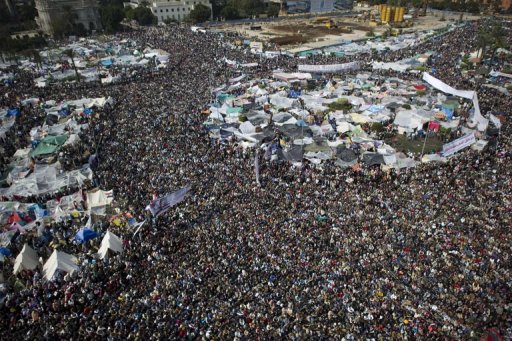CAIRO: The Egyptian pound weakened on Tuesday to its lowest level against the dollar since July 2005 as offshore investors sold treasury bills and Egypt’s central bank apparently refrained from supporting the currency.
Traders said investors had moved out of emerging market securities, including Egyptian T-bills, before last week’s Group of 20 meeting in South Korea and that Egypt’s central bank seemed unwilling to support the pound as funds left Egypt.
"There was a bit of risk reversal ahead of the G20 meeting," said a currency trader based in London. "Then there was a bit of a panic because the central bank didn’t curb the depreciation."
Traders have cited a range of factors for recent weakness, including some concerns about the country’s future leadership as elections loom and a possible desire of the central bank to let the pound weaken modestly to help exporters.
"There is a view in the market that the central bank was not unhappy with the depreciation of the currency," the London-based trader said. "All emerging markets want to help exports, and Egypt doesn’t have to do anything but sit aside.
A Cairo-based trader said weakening of the pound was probably aggravated by investor stop-loss positions.
The dollar was trading as low as 5.7740 to the U.S. dollar.



